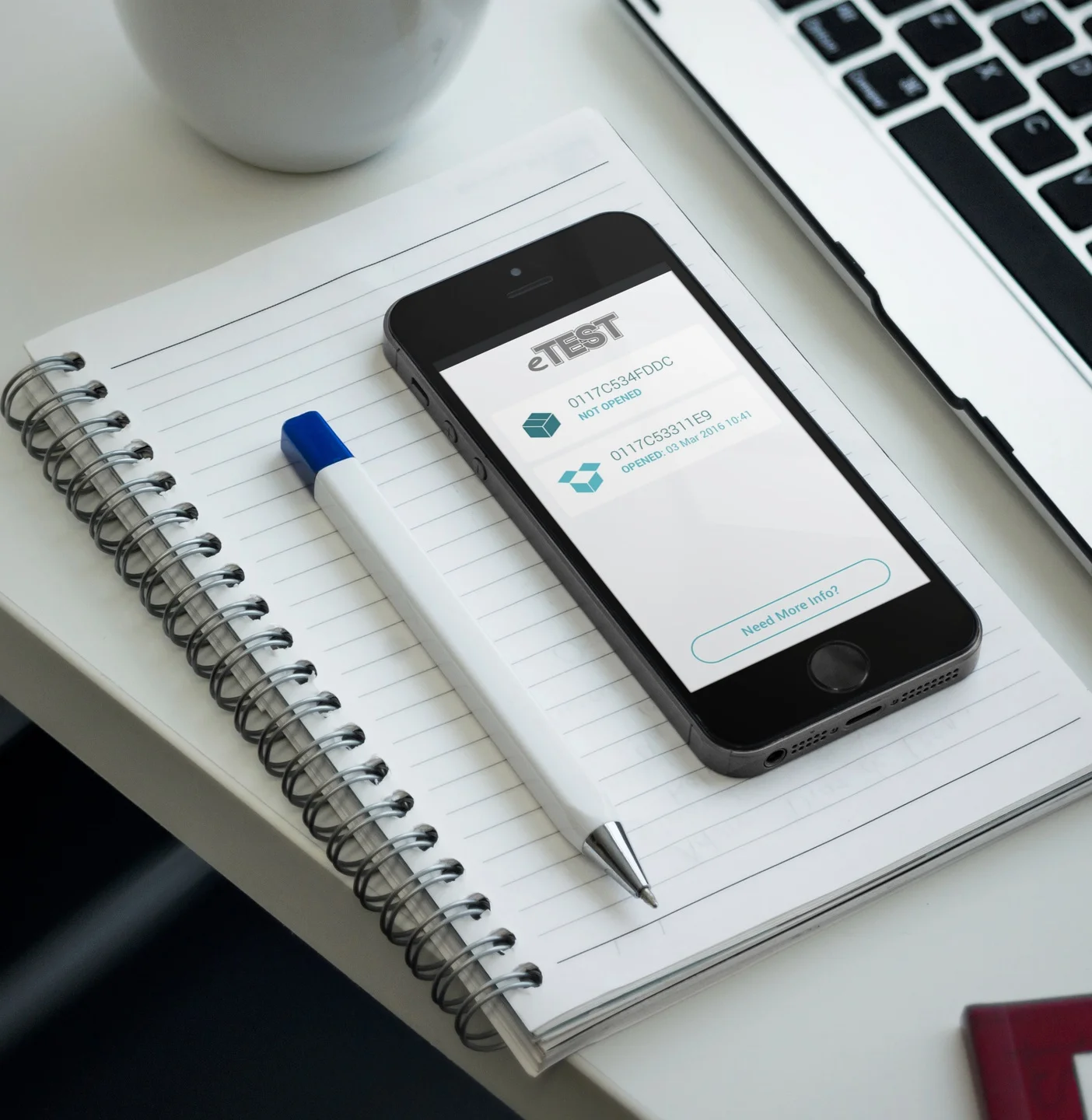We're very excited to share our first publication from the eTEST project! In this paper, we report results from some qualitative research we conducted to help inform the development of eTEST. We showed that using a smartphone together with an internet-of-things (IoT) device to provide counseling and linkage to care after testing for HIV at home is feasible and could be a welcomed resource that helps those at-risk get tested more often, while also giving them the support they need.
On the merits of using mobile devices to study drinking and other behaviors
In a recent special issue of Alcohol Research: Current Reviews, a peer-reviewed publication that reviews the latest in alcohol research and is published by the National Institute on Alcohol Abuse and Alcoholism (NIAAA), we were invited to review the latest available scientific research on using mobile devices to study behavior, and its potential to improve health. The special issue focused on mobile health (mHealth) research, so we fit right in! Pretty cool!
Computers/devices can be used to improve HIV medication adherence
In this review we published in the journal Translational Behavioral Medicine, we explored the scientific evidence for using computers and other electronic devices to help people take their HIV medications regularly and on time. Good news, even simple tools can be helpful! Imagine the potential that more sophisticated programs might have!
Using mobile "behavior diaries" may improve the accuracy of collecting behavioral data
In a paper we published in the journal AIDS & Behavior, we showed that "behavior diaries" collected using mobile devices could help us understand the everyday influences on the decisions gay/bi men make about drinking, drug use, and sex. This could be the first step toward using this data to help people change their behavior through the mobile devices they carry with them everywhere.




